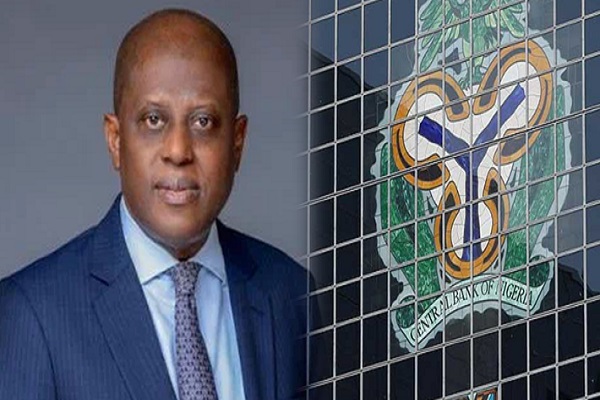Next week’s Central Bank of Nigeria (CBN) Monetary Policy Committee (MPC) meeting is set to prioritize discussions on interest rates, a critical response to the persistent challenge of rising inflation, reports revealed yesterday.
Scheduled for Monday and Tuesday, the 294th MPC gathering comes three weeks after its previous session, as urgent monetary issues, particularly escalating inflation, necessitate swift action.
In its February meeting, the MPC implemented a 22.75% interest rate hike aimed at tackling inflation and stabilising the foreign exchange market.
While the naira has exhibited some signs of improvement, inflation, notably in the food sector, continues to pose a significant concern.
Ahead of the upcoming MPC meeting, analysts are divided on the optimal course of action. Advocates for maintaining high rates stress the ongoing inflationary pressures, particularly concerning essential food items. Dr. Wahab Balogun of Ambosit Capital Managers suggests that “a further rate increase, albeit potentially modest, could be necessary to achieve price stability.”
Conversely, a former MPC member, who preferred anonymity, advises a cautious approach, wary of the potential adverse effects of high interest rates on economic growth by discouraging borrowing and investment. He suggests exploring more targeted measures, particularly for addressing sectors such as food inflation, instead of relying solely on interest rate adjustments.
Reflecting on recent developments, Gbolade Idakolo remarked that the previous MPC decision, which saw a 400 basis point increase to 22.75% and an accompanying rise in the Cash Reserve Ratio (CRR), has yet to yield the desired outcomes.
February’s inflation surged to 31.7%, with the Naira still struggling and businesses grappling with the impact of heightened interest rates. Idakolo advocates for a cautious stance, urging the CBN to monitor the effects of the recent MPC decisions on the economy.
External factors, including global inflation trends and interest rate adjustments by other central banks, will also factor into the MPC’s deliberations, highlighting the interconnectedness of Nigeria’s economy with the global landscape.
Given the mixed opinions and complex economic environment, the MPC’s decision next week will be closely monitored. Possible scenarios include maintaining current rates to assess the full impact of the previous hike or implementing a modest rate increase if inflation persists.
The official announcement of the MPC’s decision will be eagerly awaited across Nigeria, as it holds significant implications for borrowing costs, investment decisions, and overall economic activity.



